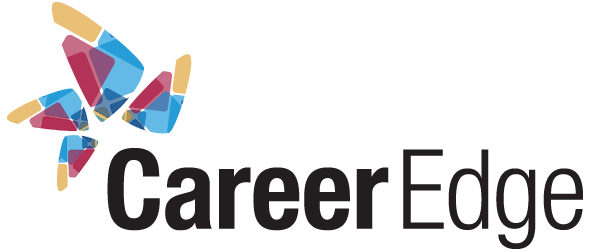Crafting an effective cover letter is a crucial step in securing your dream job. In a world where hiring managers spend an average of seven seconds per cover letter, making those moments count is essential. Here’s an in-depth look at the importance of cover letters and how they can be optimized for success:
So why write one?
In the brief time it takes a hiring manager to scan your cover letter, you have the opportunity to make a lasting impression. While your resume outlines your professional history, a cover letter complements it by showcasing the skills you’ve listed. Don’t merely reiterate your resume; instead, leverage this space to demonstrate practical applications of your skills. For instance, if you claim to possess creativity and communication skills, narrate a relevant experience that vividly illustrates these qualities.
The goal of the cover letter is to secure an interview. You must separate yourself and show why you’re more qualified than the other candidates. Consider the responsibilities of the hiring manager and answer the question:
Why should I be one of the five (out of 100) applicants who deserve another 30 minutes to demonstrate why I’m the best candidate?
What can cover letters reveal?
Your concise writing abilities, attention to detail, researching skills, reading comprehension, interest level, personality type, and creativity…essentially a lot, so you can’t use the same cover letter for each application. Customize!
Tailoring Each Cover Letter
One common mistake job seekers make is using a generic cover letter for multiple applications. However, customization is key. Each one should be tailored to the specific job you’re applying for. Highlighting misconceptions, explaining achievements, and expressing genuine interest in the company can set your letter apart from the rest. Remember, a generic cover letter may be perceived as a lack of effort, potentially jeopardizing your chances.
Unveiling Skills Beyond the Resume
A well-crafted cover letter is a window into your abilities beyond what’s listed on your resume. It reveals your concise writing skills, attention to detail, research capabilities, reading comprehension, and even your personality. This multifaceted snapshot of your abilities requires careful consideration and customization. Hiring managers appreciate candidates who take the time to showcase their unique qualities, as it reflects genuine interest and effort.
The Ultimate Goal: Securing an Interview
The primary objective is to secure an interview. In a sea of applicants, your cover letter should answer the hiring manager’s unspoken question: “Why should I choose you for a more in-depth conversation?” To achieve this, align your skills and experiences with the company’s needs. Demonstrate a clear understanding of the role, and articulate how your unique qualifications make you the ideal candidate.
Selecting the Right Cover Letter Template
Various templates are available, catering to different styles and preferences. It’s essential to choose a format that aligns with your personality and the industry you’re applying to. Whether it’s a traditional format, a narrative style, or a visually appealing design, the key is to strike a balance between professionalism and individuality. Finding the right style enhances your chances of making a memorable impact.
In conclusion, despite the brevity of their attention span, hiring managers value cover letters as a means to distinguish exceptional candidates. Use this opportunity wisely, customize each letter, and aim to secure that coveted interview. It’s not just a formality; it’s your unique voice in a competitive job market.










